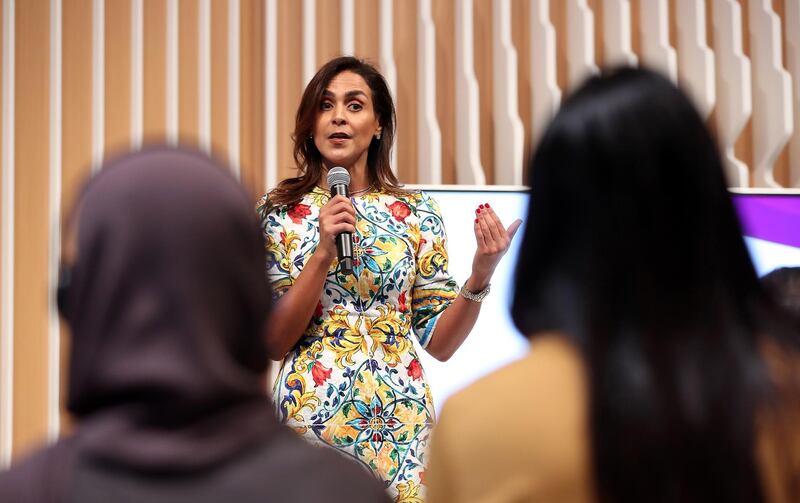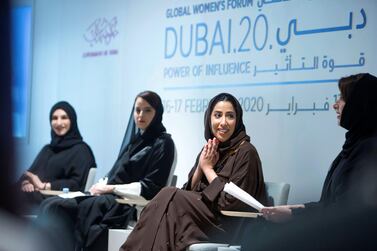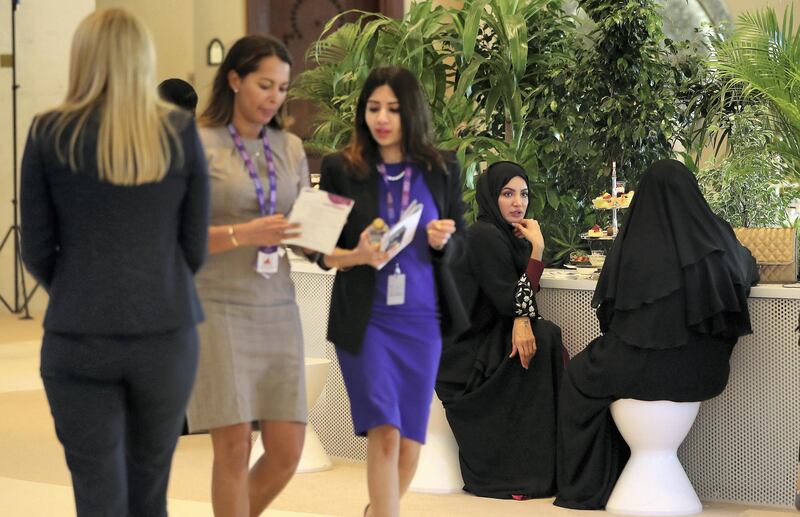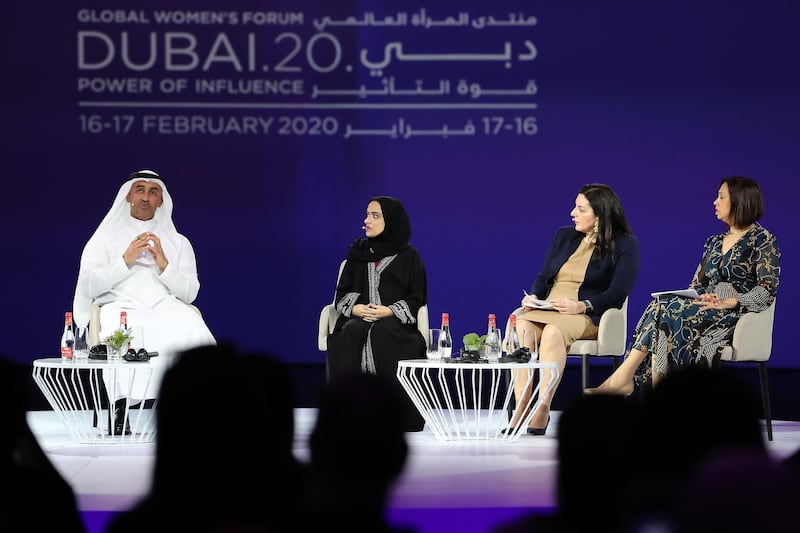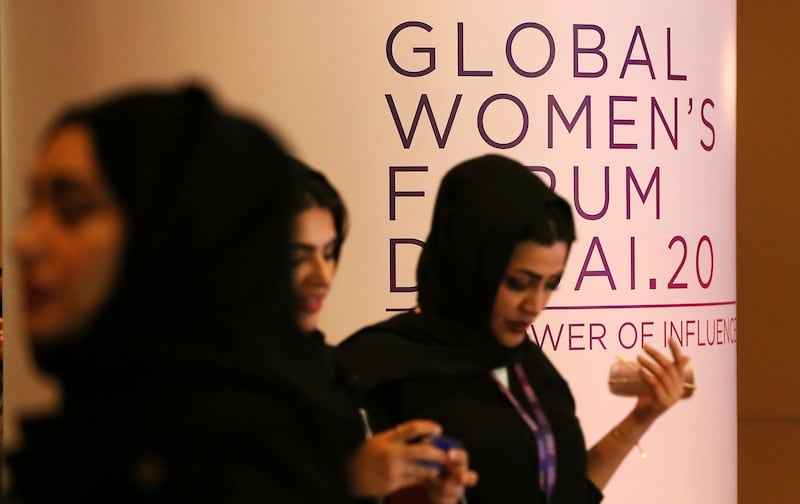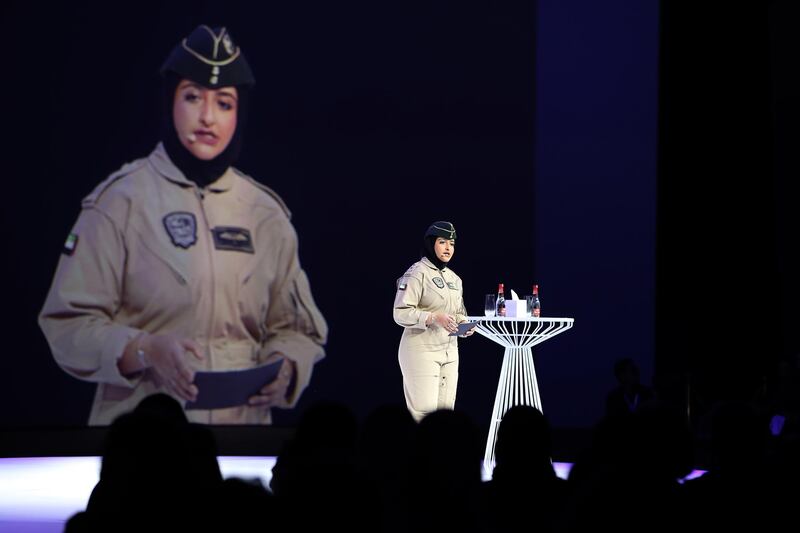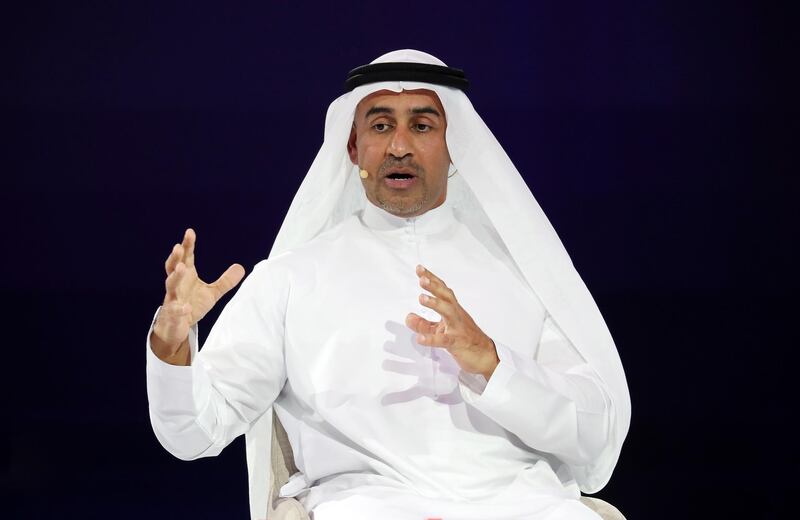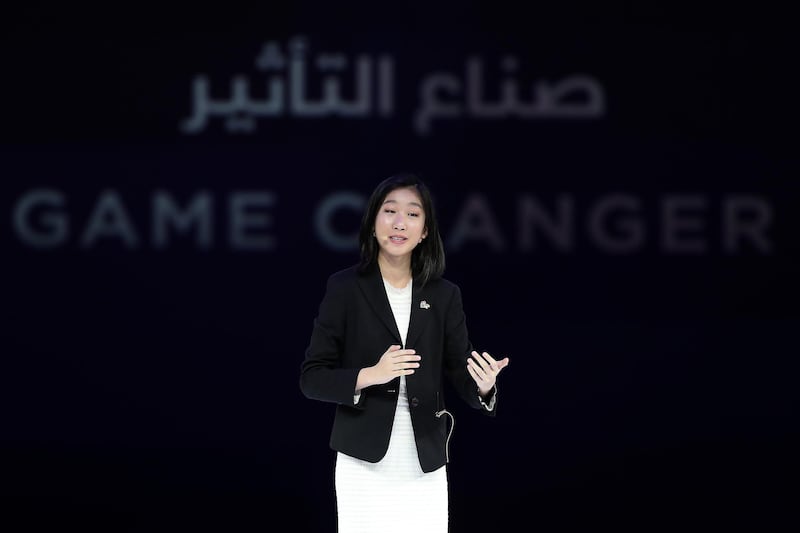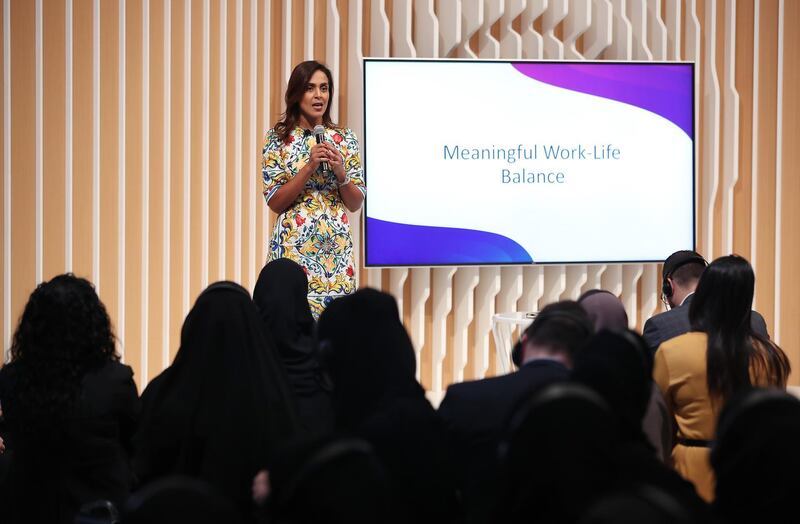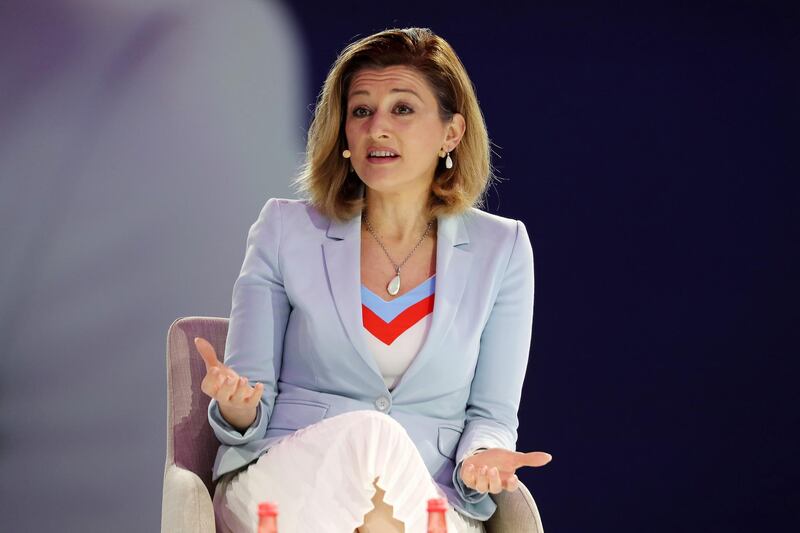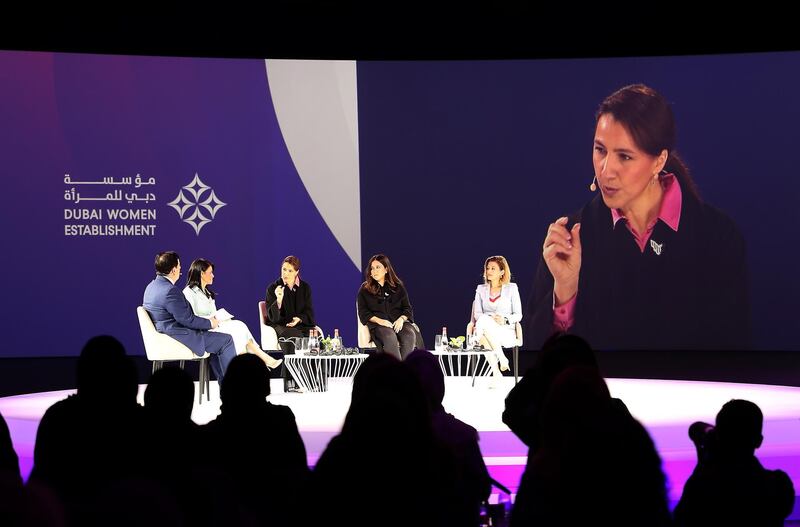Countries in the Arab world should look to the Scandinavian model for a better work-life balance for women, a leading expert said.
Flexible working hours are the norm in Nordic countries such as Finland, where the Working Hours Act means working hours are no longer tied to being in the work place; rather pertain to the amount of time spent working anywhere. This flexibility let parents to work from home and around their children’s schedules while still maintaining fulltime jobs.
In Sweden, new parents of either sex are given up to 480 days (16 months) of paid parental leave at 80 per cent of their normal salary. This helps companies retain employees after they start a family.
These policies, among other, led to the World Economic Forum naming Iceland, Norway, Finland and Sweden as the four best countries in the world for gender equality last year.
Ghada Othman, director of the Insead Women in Business Club in the UAE, said that model should be adopted worldwide.
“This is a successful model that has to be studied and we need to take from it,” she said, on the second day of the Global Women’s Forum in Dubai.
“Because other countries have spent billions on it there’s no need for us to start from scratch, we can take what suits us and adapt it and put clear targets in place.”
While the region has taken great strides towards closing the gender gap, there is still much work to be done, she said.
“It’s going to be a long journey, there are some reports which suggest it could be 100 years before the gap is closed,” said Ms Othman, who is also the strategy and marketing director for Finnish firm Kone in the MEA region.
“Things are moving in the right direction but it’s not happening fast enough.”
She said the onus was on companies to make hiring and retaining female employees one of their annual objectives. To do that, companies need to put policies in place that make it easier for women to stay – these could be drawn from Scandinavian countries, she said.
“We are not asking for a quota of women in the workplace, we simply want to see the removal of barriers that prevent women developing,” she said.
In some countries, society is playing a role in deterring women from work, she said.
“Families and communities are putting a lot of pressure on women without knowing it.
“The guilty feeling [women] get pushes them to drop their own dreams,” she said.
She spoke of how her father questioned why she wanted to work when she could be married to a husband who would pay for everything.
“I was working for a major retail company and wanted to be a general manager,” she said.
“I was told I wasn’t suited to the role because I was a woman and how would I be able to cope when ‘it was a difficult enough job for men never mind a woman’.”
Ms Othman would go on to take on high-level managerial roles worldwide.
“I was working in a regional role in Saudi Arabia 10 years ago when they didn’t have toilets for women,” she said.
“Now look at what’s happening there and how they have progressed.”
She said it was important for women to persevere in the workplace because their success would help thaw the frosty attitudes of those who opposed them.
“When they see what you achieve they will surrender their resistance,” said Ms Othman.
“After I was working for three or four years my own father and brother said ‘this is amazing and we are so proud of you’.”
